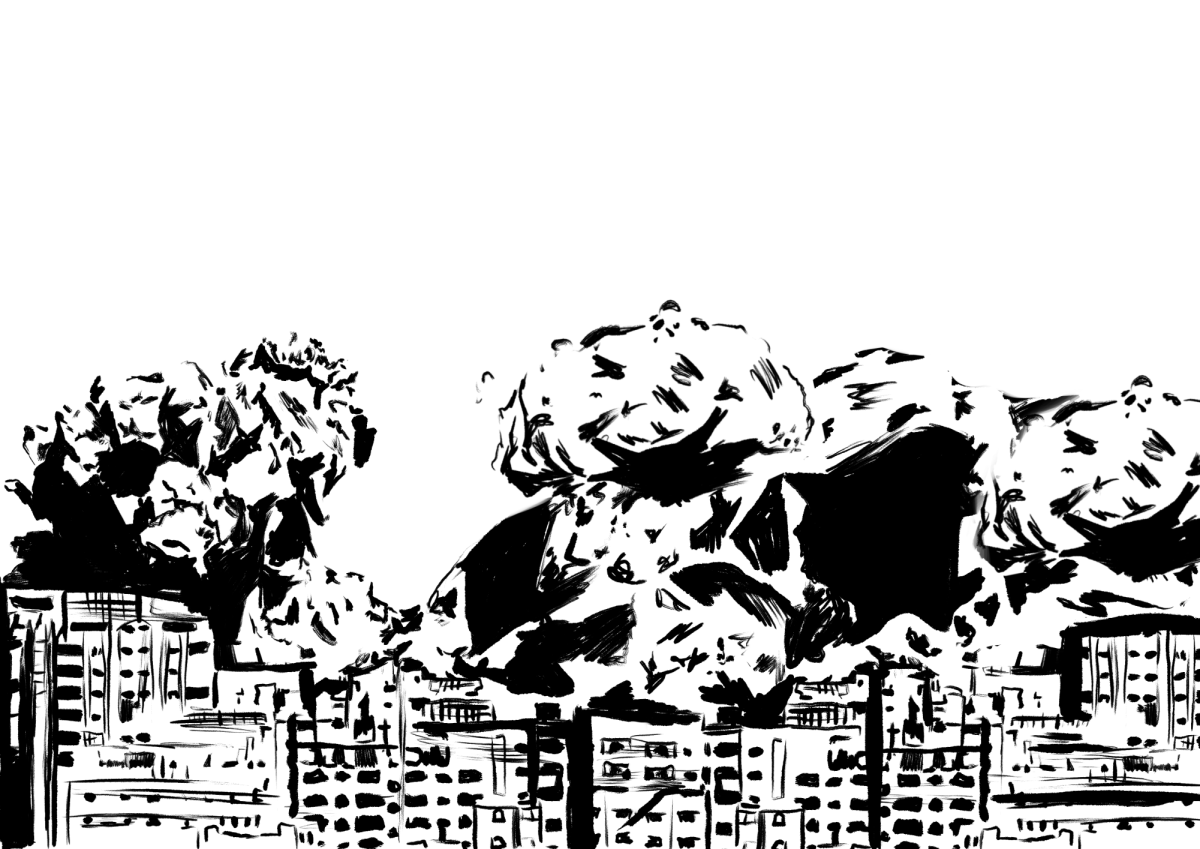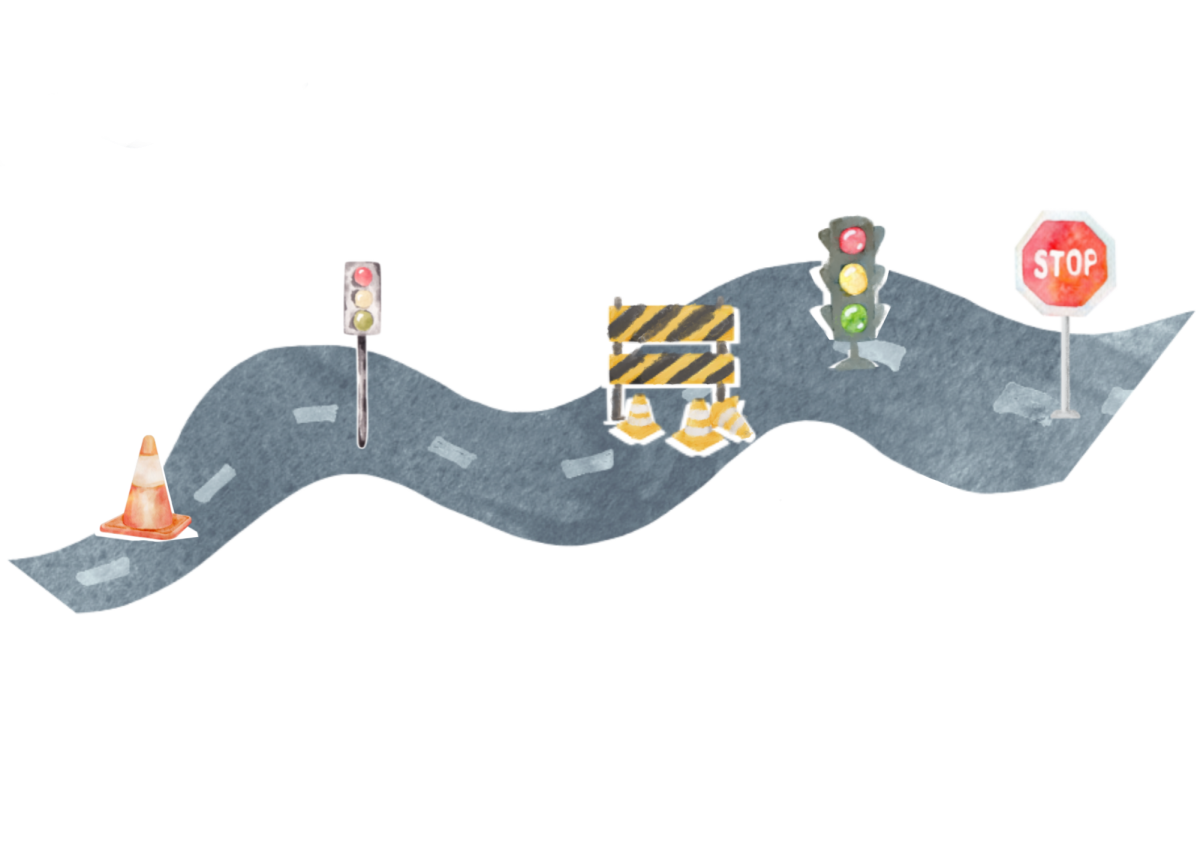Thursday, Feb. 2 marked the beginning of a new energy era in America: for the first time since 1978, the Nuclear Regulatory Commission—voting 4-to-1—gave its approval for the construction of a new nuclear power plant.
Later in the month, Iranian President Mahmoud Ahmadinejad told the world that Iran would shortly reveal its recent nuclear advancements and asserted that Iran would not abandon its uranium enriching operations, despite global pressure.
On the one hand, nuclear power can be harnessed as a clean and efficient source of energy; on the other hand, it can also be used for less peaceful pursuits, such as nuclear warfare.
For our double page, we delved into this two-faced issue, contemplating both the pros and cons of nuclear energy in the United States of America and the global implications of our new nuclear age.
Nuclear energy has been particularly controversial in recent times. While Southern Co. hopes to have its new Georgia reactors operative by 2016, the face of nuclear power is still tarnished by the disaster that followed last year’s tsunami in Japan.
Although the proposed site in Georgia is exponentially less susceptible to a similar natural disaster, there are still worries surrounding possible meltdowns or even the kind of human error that caused the Three Mile Island Accident.
Even a small accident in Georgia could have devastating effects; however, nuclear power is not a pure negative.
Ever-growing environmental concerns have highlighted the clean potential—and mass-market productivity—of this energy source. Furthermore, the technology has become safer since the Cold War era incidents. Still, many are timid to jump on the nuclear train, for reinvigorating this industry brings back memory of darker times.
In other words, we, as a nation, need to assess whether or not the risks outweigh the returns.
On a global scale, nuclear talks have concerned less peaceful matters. There have been frightening nuclear developments around the world, most of which have been concentrated in Iran.
From the drive-by assassinations—via magnetic bomb—of key Iranian nuclear scientists to Ahmadinejad’s most recent statements, we clearly see the other, less attractive side of all things nuclear.
The persistence of the Iranian nuclear program, coupled with Ahmadinejad’s denouncement of the West, especially Israel and the United States of America, foreshadows quite frightening possibilities.
While we are far from the scope of the Cuban Missile Crisis, the world is on alert, with most eyes directed towards the Middle East.
But do we have real power to promote nuclear peace? In the gridlocked, paranoid climate of nuclear politics, what function does abstract debate serve?
While we can’t change the mindsets of world leaders, we can expose the fragility of all things nuclear.

































